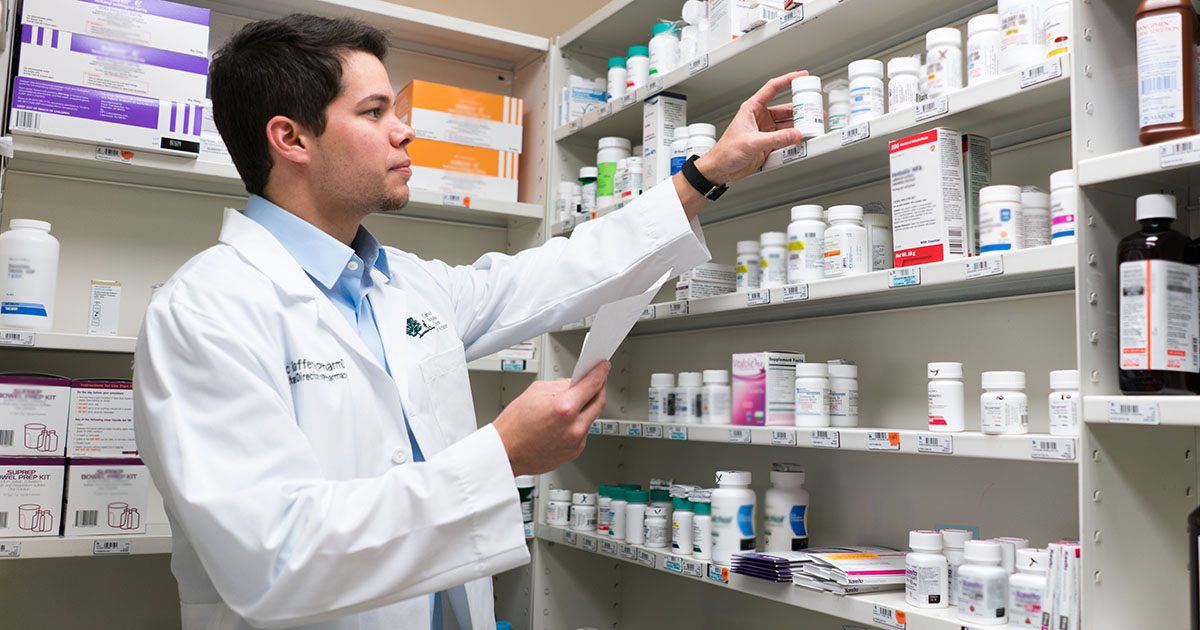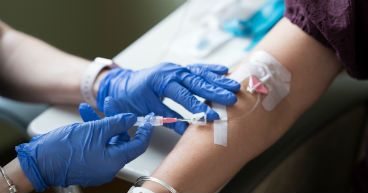
Cancer treatments are typically delivered on a strict schedule. And, like trains at a busy station, a schedule disruption may often lead to impacts down the line. Taking your cancer drug too soon may lead to toxic buildups and severe side effects. Spacing treatments too far apart may not produce the targeted outcome. But during the COVID-19 pandemic, treatment disruptions have become a reality for some patients. According to a survey by the American Cancer Society Cancer Action Network (ACS CAN), half of cancer patients said their cancer care was affected on some level by the pandemic and many patients in active treatments said their appointments were delayed and had not been rescheduled.
To compensate for potential delays and disruptions and to help reduce a patient’s need to travel, the oncologist may determine that some treatment schedules may be safely altered to allow more time between visits. For example, the U.S. Food and Drug Administration recently approved an dosage schedule adjustment for patients on the popular immunotherapy drug pembrolizumab (Keytruda®), which usually requires a trip to a hospital, clinic or infusion center. Pembrolizumab is a checkpoint inhibitor drug that is used to treat many cancers, including lung and bladder cancers and melanoma.
Under the new guidelines, patients can receive 400mg of the drug every six weeks, instead of receiving 200mg every three weeks. Drug regimens are typically determined during strictly monitored clinical trials on the treatment’s safety and efficacy. The FDA gave the new treatment schedule “accelerated approval” because of the pandemic.
Changes or delays in treatment schedules are carefully managed and avoided when possible, since they may impact a treatment’s effectiveness and may alter the long-term outcome for the patient. “If a treatment schedule has become a well-established standard of care, it is often difficult for a physician to make a change, particularly for an individual patient who has already started therapy with the existing schedule,” says Maurie Markman, MD, President of Medicine & Science for Cancer Treatment Centers of America® (CTCA).
In some cases, though, schedule adjustments can be made, but only after it’s been determined that the changes will not compromise patient safety or the treatment’s ability to work as designed. For instance, some patients on chemotherapy may be able to take chemotherapy at home in pill or liquid form instead of traveling to get an injection or an infusion. But there are some potential pitfalls and considerations. Patients who take chemotherapy at home are required to monitor strict dosage requirements on their own, and they must handle the drugs with extreme care because of their toxicity.
Dr. Markman says doctors and patients should tread carefully before making changes in treatment schedules and consider whether existing evidence suggests any change won’t impact a patient’s long-term health. “One must be cautious to not make a change in a drug schedule in the absence of solid clinical evidence to support that change,” he says.
If you are a cancer survivor or in active treatment and are concerned about how the COVID-19 situation may impact you or your care, please contact your care team.
Learn more about how radiation therapy for cancer may damage your immune system.



